Description
This physiotherapy course explores anatomy and physiology knowledge essential to every physiotherapist. You’ll discover treatment and diagnosis methods for minor injuries to serious health conditions. You’ll also learn about the role of physiotherapists and how to pursue a career in this field.
Physiotherapists have extensive knowledge of the musculoskeletal and nervous systems, although various specialisms within the field extend beyond this. To cover each possible area, this physiotherapy course provides an overview of all relevant body systems. This includes the musculoskeletal, nervous, cardiovascular, and respiratory systems, and more.
Through this physiotherapy course, discover how physiotherapists leverage their knowledge of the body. You’ll learn about the divisions and bones of the skeletal system and the structure and function of bone. We’ll also explore the different types of muscle tissue and their functions, as well as the muscle groups and major ligaments and tendons.
You’ll learn about the locations and organisation of the nervous system and major nerve branches. You’ll explore cardiorespiratory physiology and common conditions treated under this specialism. You’ll also learn about different types of pain, pain management methods, and exercises for common complaints.
Study physiotherapy online with us and learn the principles of diagnostic and treatment methods. Providing knowledge on exercise rehabilitation, massage, electrophysical modalities, and manual therapy.
By studying this course, you will learn about:
- Roles and responsibilities of physiotherapists
- UK and USA education and licensing requirements
- Anatomy and physiology relevant to the field
- Diagnosis methods and causes of different pain types
- General principles of exercise rehabilitation
- Different types of therapeutic massage and treatment methods
- Treatments for common conditions
- Specialised treatment programmes.
Course Syllabus
What will I learn on the course?
Module 1: Introduction to Physiotherapy
7 parts
Introduction
Part 1: The History of Physiotherapy
Part 2: Roles and Responsibilities of Physiotherapists
Part 3: Settings for Physiotherapy
Test Your Knowledge
Key Learning Points Exercise
Module 1 Assessment
Module 2: The Skeletal System
5 parts
Part 1: Divisions of the Skeletal System
Part 2: Bone Composition and Function
Test Your Knowledge
Key Learning Points Exercise
Module 2 Assessment
Module 3: The Muscular System
6 parts
Part 1: Types of Muscle Tissue
Part 2: Muscle Groups
Part 3: Ligaments, Tendons and Cartilage
Test Your Knowledge
Key Learning Points Exercise
Module 3 Assessment
Module 4: Nervous System
5 parts
Part 1: Cells of the Nervous System
Part 2: Organisation of the Nervous System
Test Your Knowledge
Key Learning Points Exercise
Module 4 Assessment
Module 5: Other Systems of the Human Body
6 parts
Part 1: The Endocrine System
Part 2: The Respiratory System
Part 3: The Cardiovascular System
Test Your Knowledge
Key Learning Points Exercise
Module 5 Assessment
Module 6: Types of Pain and Pain Management
5 parts
Part 1: Types of Pain
Part 2: Common Causes of Pain
Test Your Knowledge
Key Learning Points Exercise
Module 6 Assessment
Module 7: Diagnostic Methods and Treatment
8 parts
Part 1: Diagnostic Procedures
Part 2: Exercise
Part 3: Massage
Part 4: Electrophysical Modalities
Part 5: Manual Therapy and Other Techniques
Test Your Knowledge
Key Learning Points Exercise
Module 7 Assessment
Module 8: Neurological Conditions and Physiotherapy
6 parts
Part 1: Stroke
Part 2: Parkinson’s Disease
Part 3: Multiple Sclerosis
Test Your Knowledge
Key Learning Points Exercise
Module 8 Assessment
Module 9: Orthopaedic Conditions and Physiotherapy
7 parts
Part 1: Fractures
Part 2: Arthritis
Part 3: Joint Replacements
Part 4: Sports Injuries
Test Your Knowledge
Key Learning Points Exercise
Module 9 Assessment
Module 10: Cardiorespiratory Physiotherapy
7 parts
Part 1: Asthma
Part 2: Chronic Obstructive Pulmonary Disease (COPD)
Part 3: Cystic Fibrosis
Part 4: Cardiac Rehabilitation
Test Your Knowledge
Key Learning Points Exercise
Module 10 Assessment
Module 11: Women’s Health Physiotherapy
5 parts
Part 1: Pregnancy
Part 2: Pelvic Floor Dysfunction
Test Your Knowledge
Key Learning Points Exercise
Module 11 Assessment
Module 12: Children’s Health and Physiotherapy
7 parts
Part 1: Developmental Delays
Part 2: Cerebral Palsy
Part 3: Muscular Dystrophy
Test Your Knowledge
Key Learning Points Exercise
Conclusion
Module 12 Assessment
Who Would Benefit from This Course?
Interested in learning about physiotherapy treatments and the human body? This course is for you. It is especially helpful for anyone curious about pursuing a career in this area. Start to learn physiotherapy and treatment principles and discover what the role involves.
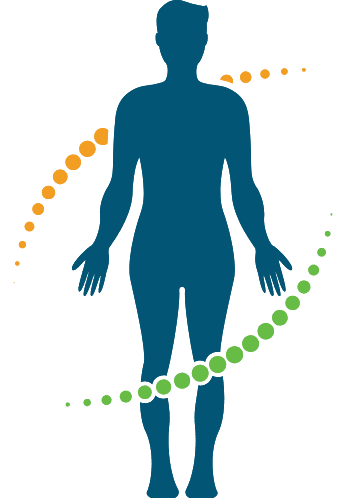
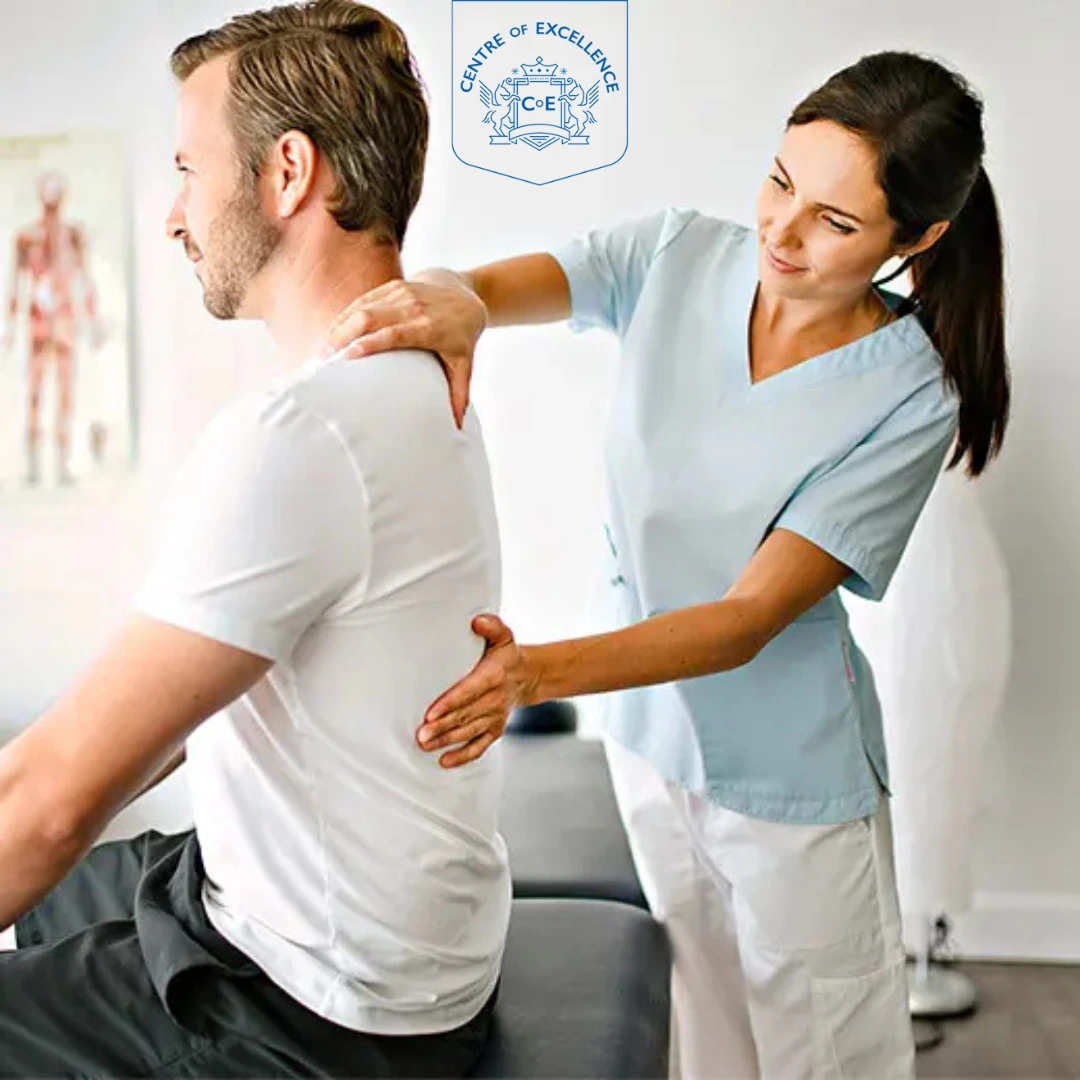
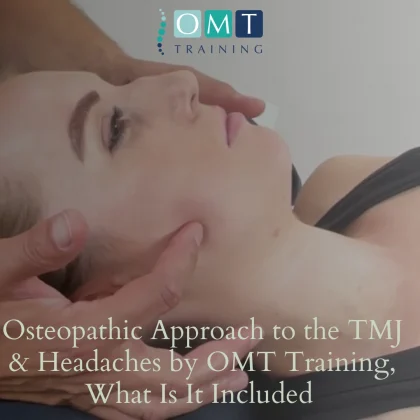
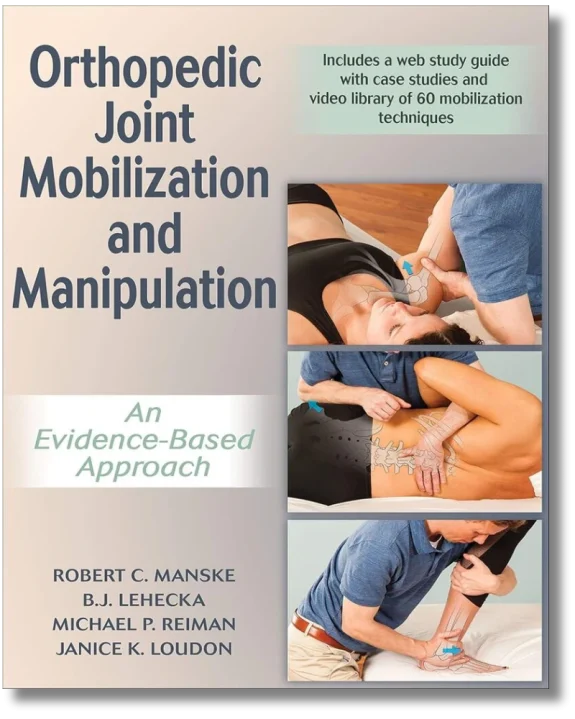
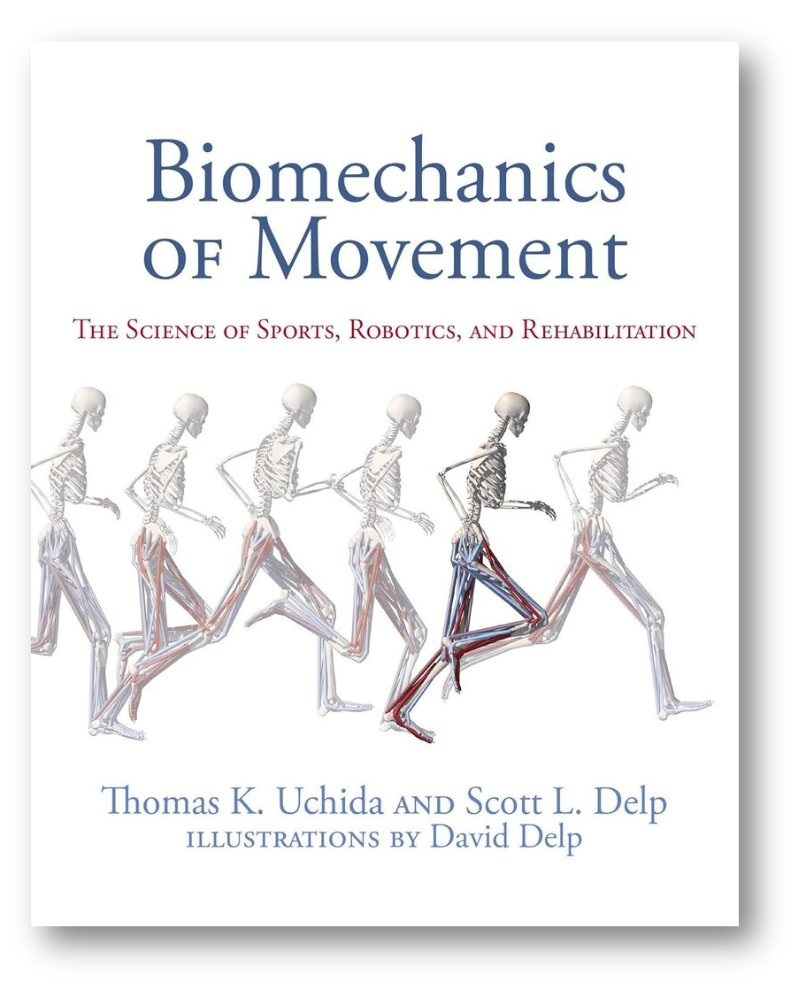
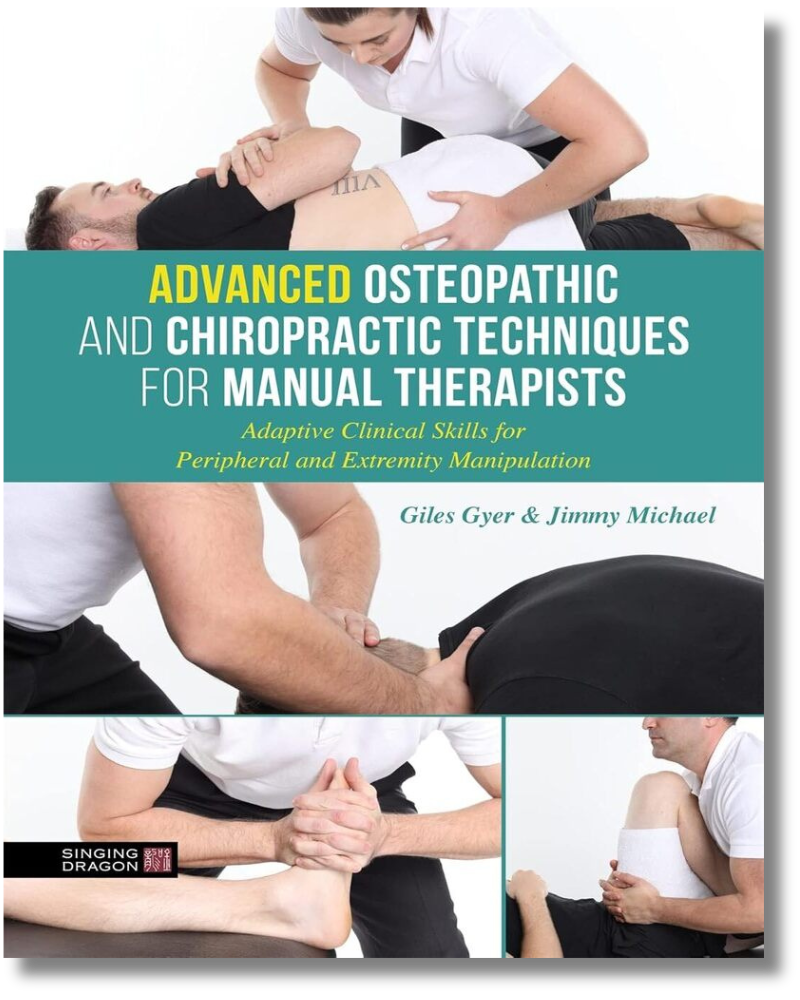

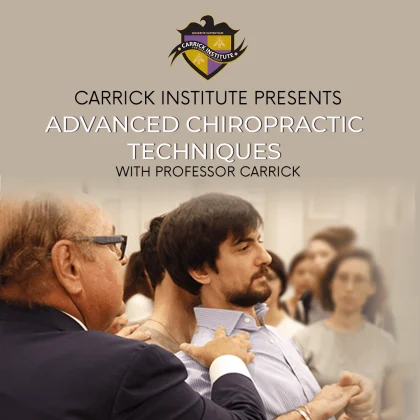
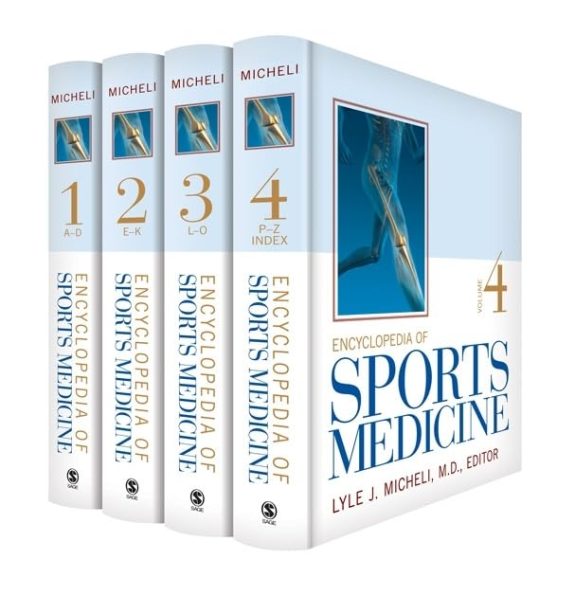
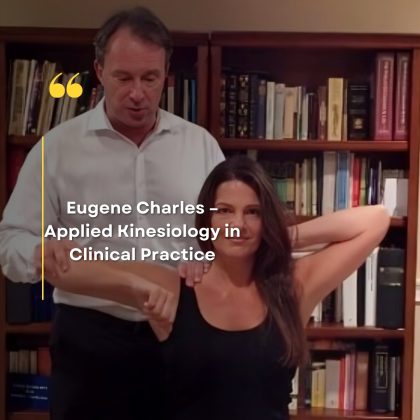
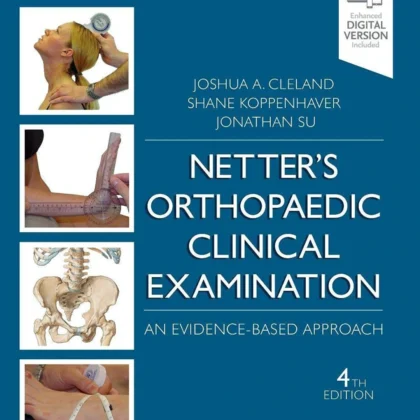

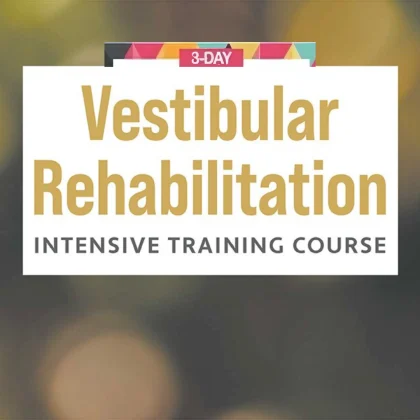
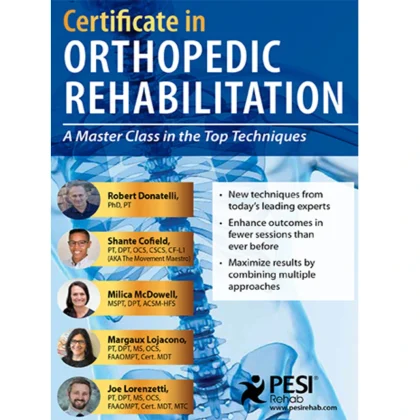
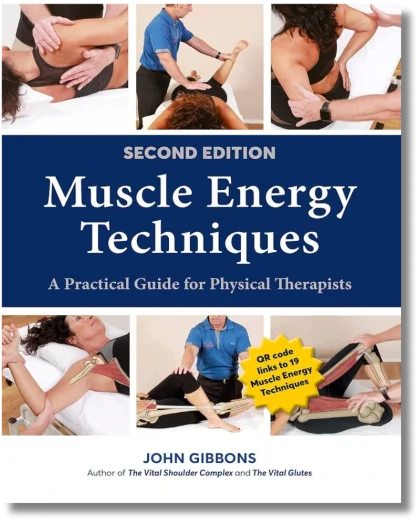
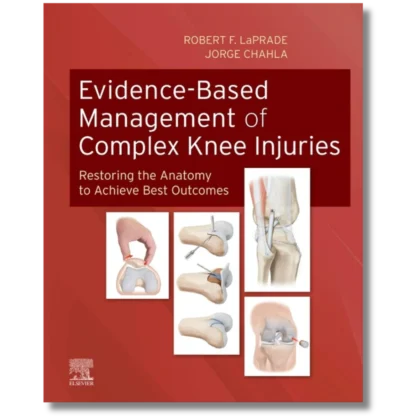
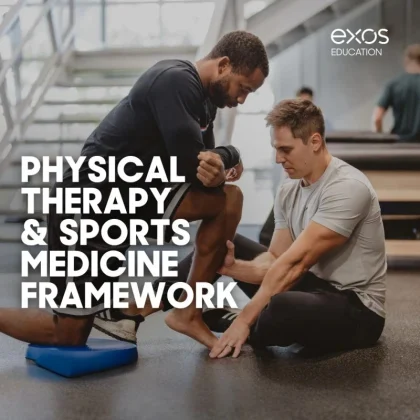
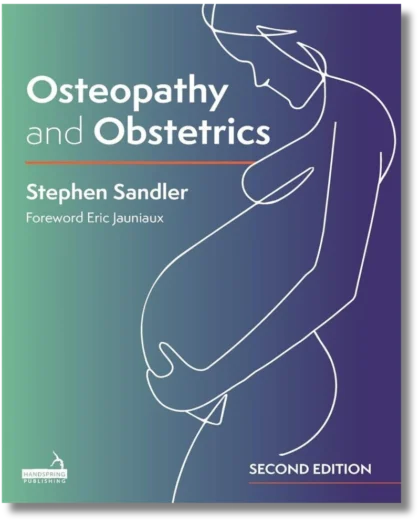
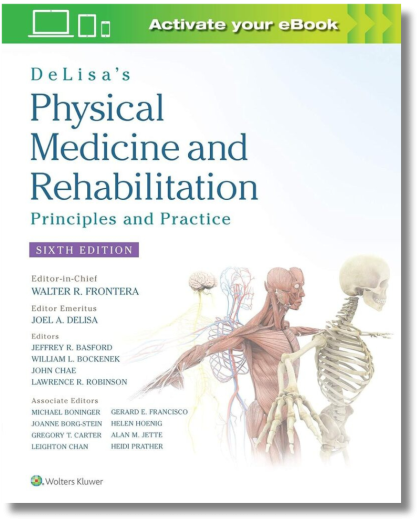
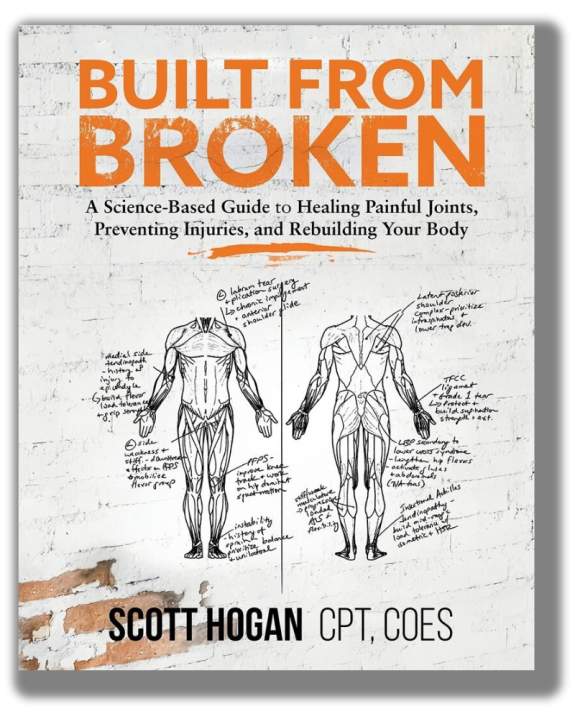
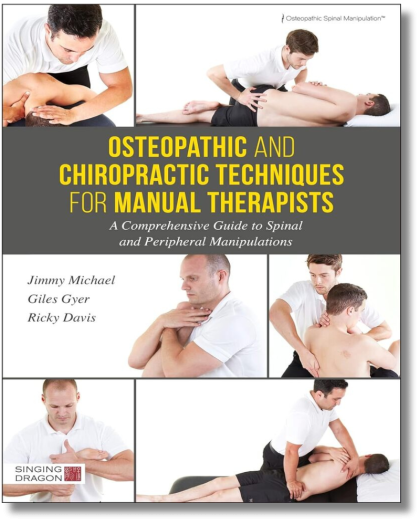
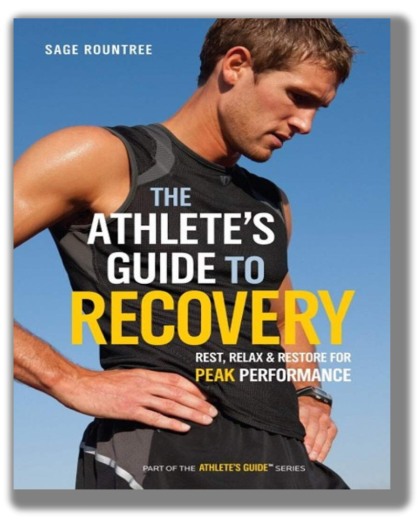
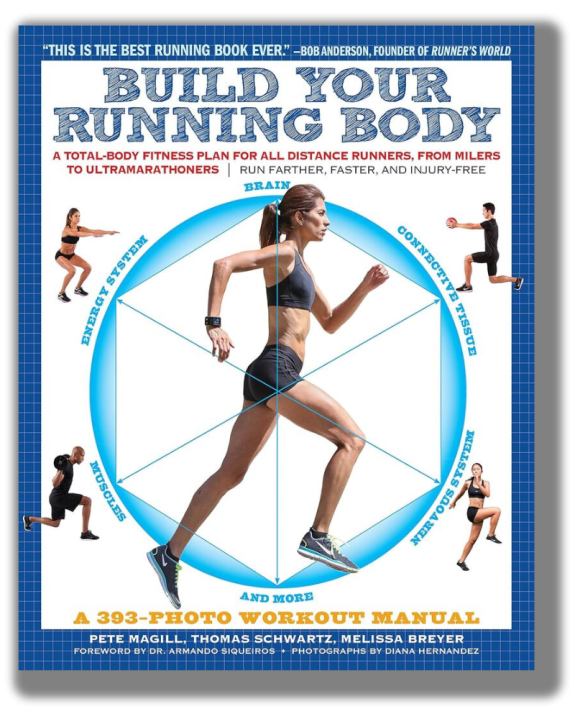
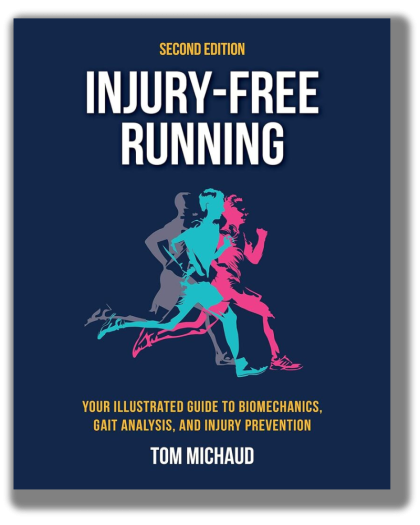
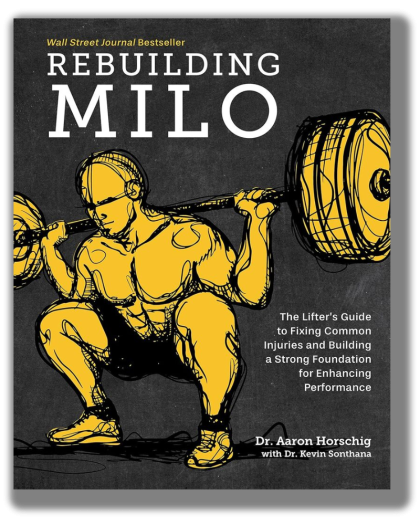

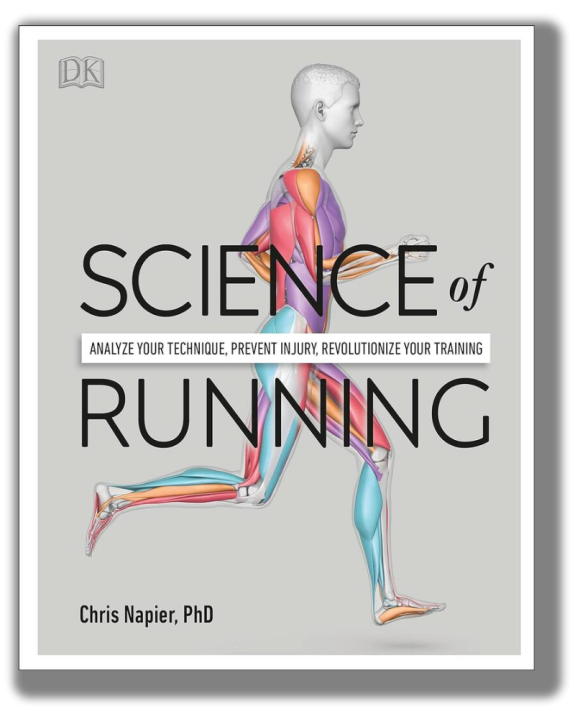
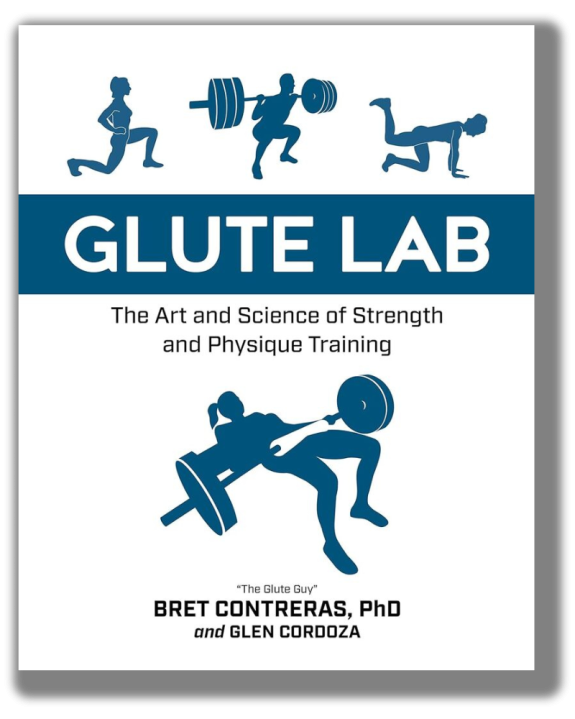

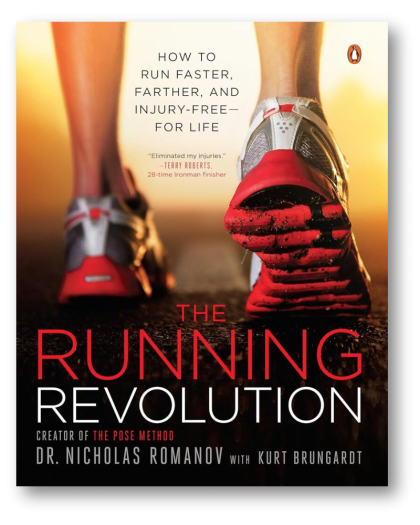

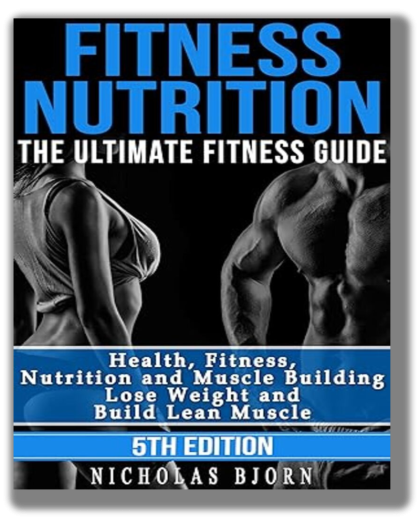
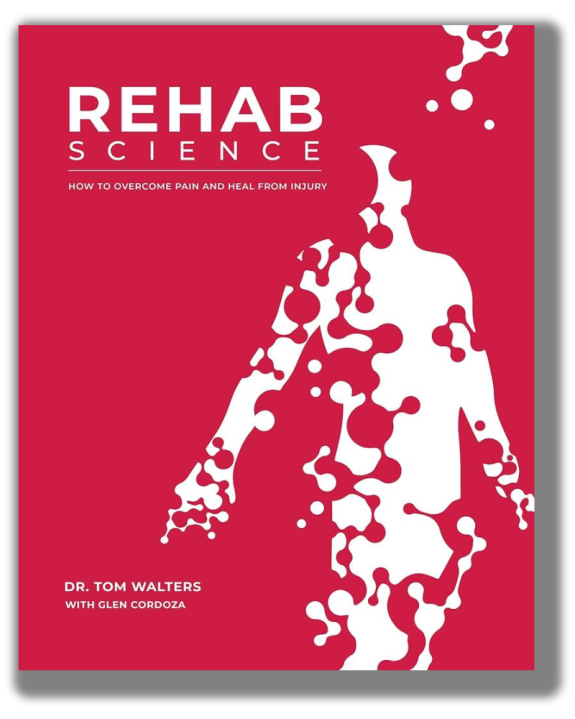

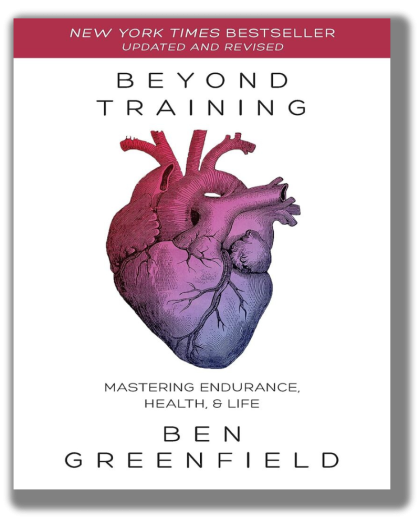


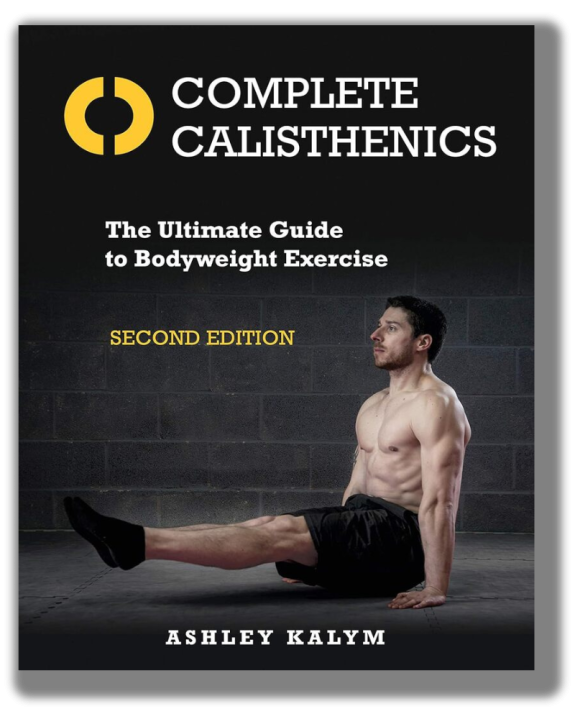
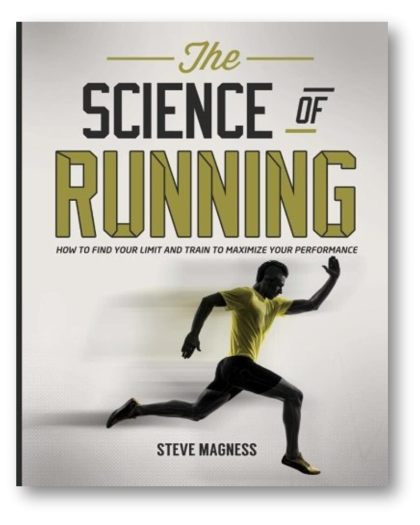
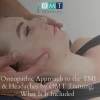
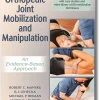
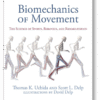
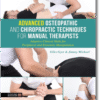
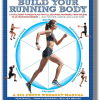

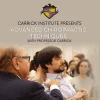
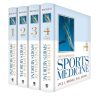
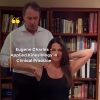
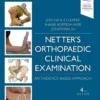

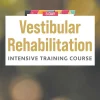
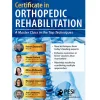
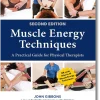
Reviews
There are no reviews yet.